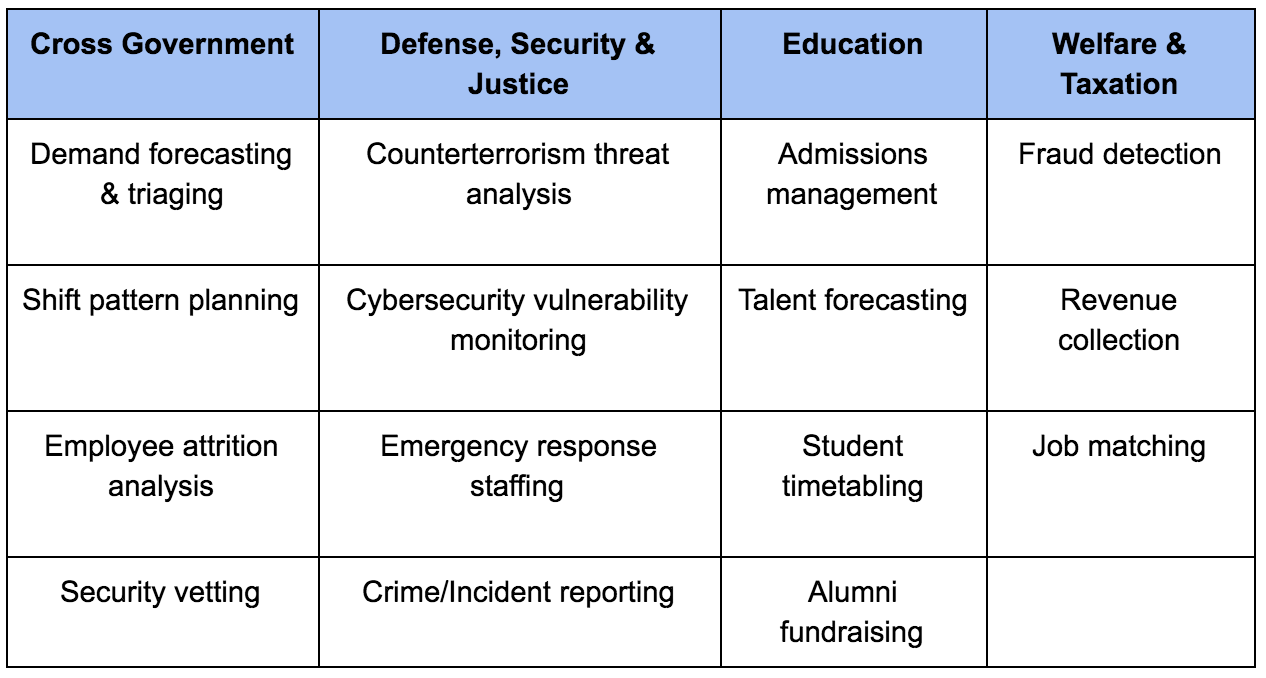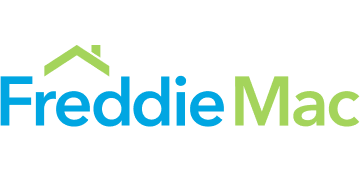What is Intelligent Automation?
Intelligent Automation (IA) refers to the application of artificial intelligence (AI) and related technologies in particular combining machine learning, and robotic process automation (RPA). This convergence of technologies produces automation capabilities that dramatically elevate business value and competitive advantages for organizations.
The goal with Intelligent Automation is to remove repetitive, replicable, and routine tasks with RPA and handled the more complex data and decisions with machine learning. Traditional rule-based automation is now injected with decision-making capabilities based on historical data and deploying machine learning models with the DataRobot AI enterprise platform.
How can Intelligent Automation help the public sector?
By 2020, over one megabyte of data will be produced by every person every second of the day. The U.S. federal government is one of the top managers of this massive influx of data, which holds the key to uncovering insights for tackling some of society’s biggest challenges, ranging from cybersecurity to healthcare. The current data gap for agencies isn’t simply analysis: it’s analysis that’s fast and accurate enough to power decisions that deliver mission impact.

Solving for critical use cases such as cybersecurity, fraud detection, counterterrorism, logistics, preventing insider threats, and many more in a quick and manageable way is the end goal. Machine learning uses historical datasets to develop predictive models that empower organizations to make accurate, forward-looking decisions. Injecting these machine learning decision models with RPA and optical character recognition (OCR) technologies will produce automations that elevate business value and competitive advantages for federal organizations.
How Can DataRobot and RPA Help?
DataRobot understands the unique data-driven challenges and requirements of Defense, Civilian, and Intelligence agencies, and helps them deploy AI to solve critical problems such as:

These use cases are too complex to make with rules-based automation alone. These predictions and decisions require machine learning. This is where DataRobot excels. Injecting RPA into these high-value AI use cases with DataRobot enables organizations to automate complex end-to-end processes for a true intelligent automation solutions.
Conclusion
DataRobot enables agencies to meet mission objectives faster and to make critical decisions when it matters. Automated machine learning simplifies the complex job of harnessing insights in the huge amounts of government data, no matter where the data resides – C2S, AWS GovCloud, Hadoop cluster, or on-premise. By optimizing and accelerating the data science process, DataRobot enables non-data scientists, including managers, program experts, and staff to quickly research, collaborate, and deploy Al and machine learning applications.
As a world leader in automated machine learning, DataRobot is uniquely positioned to help federal agencies make this dream a reality.
Stop by and discuss your potential goals with Intelligent Automation at our UiPath Forward booth #20 on October 15th & 16th, 2019 or visit us at www.datarobot.com/public-sector or www.datarobot.com/rpa for more information.

About the Author:
Andrew Pellegrino works in Business Development at DataRobot specializing in Robotic Process Automation with Machine Learning. Previously, Andrew lead the Intelligent Automation team at Kellogg Company. Andrew was also part of the Intelligent Automation practice at KPMG for over 4 years assisting clients from initial strategy to implementation of Intelligent Automation solutions. Andrew has an M.S. in Finance and a B.S. in Economics from Michigan State University.
About the author
Andrew Pellegrino
Director of Intelligent Automation at DataRobot
Andrew works in Business Development at DataRobot specializing in Robotic Process Automation with Machine Learning. Previously, Andrew led the Intelligent Automation team at Kellogg Company. Andrew was also part of the Intelligent Automation practice at KPMG for over 4 years assisting clients from initial strategy to implementation of Intelligent Automation solutions. Andrew has a M.S. in Finance and a B.S. in Economics from Michigan State University.










